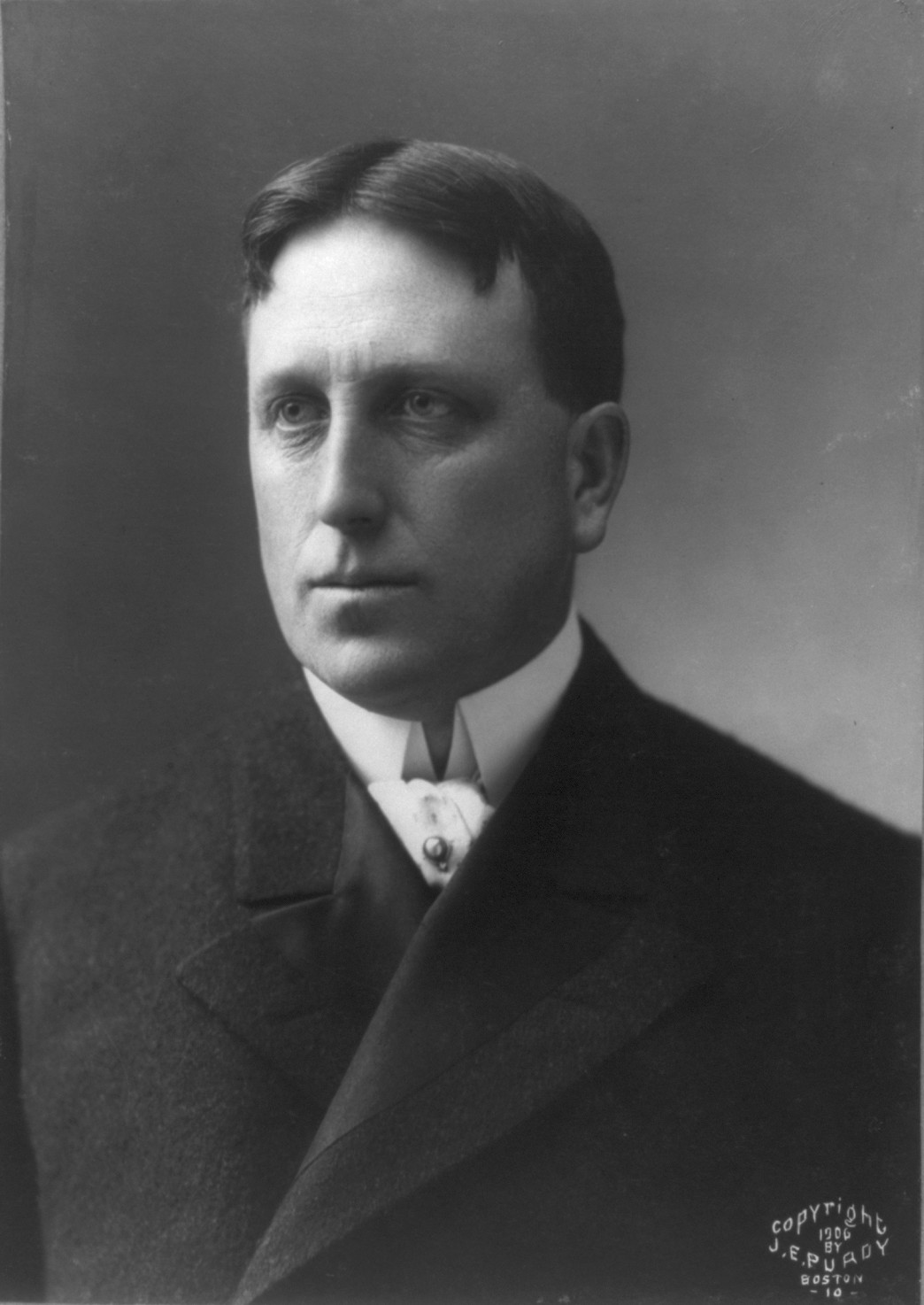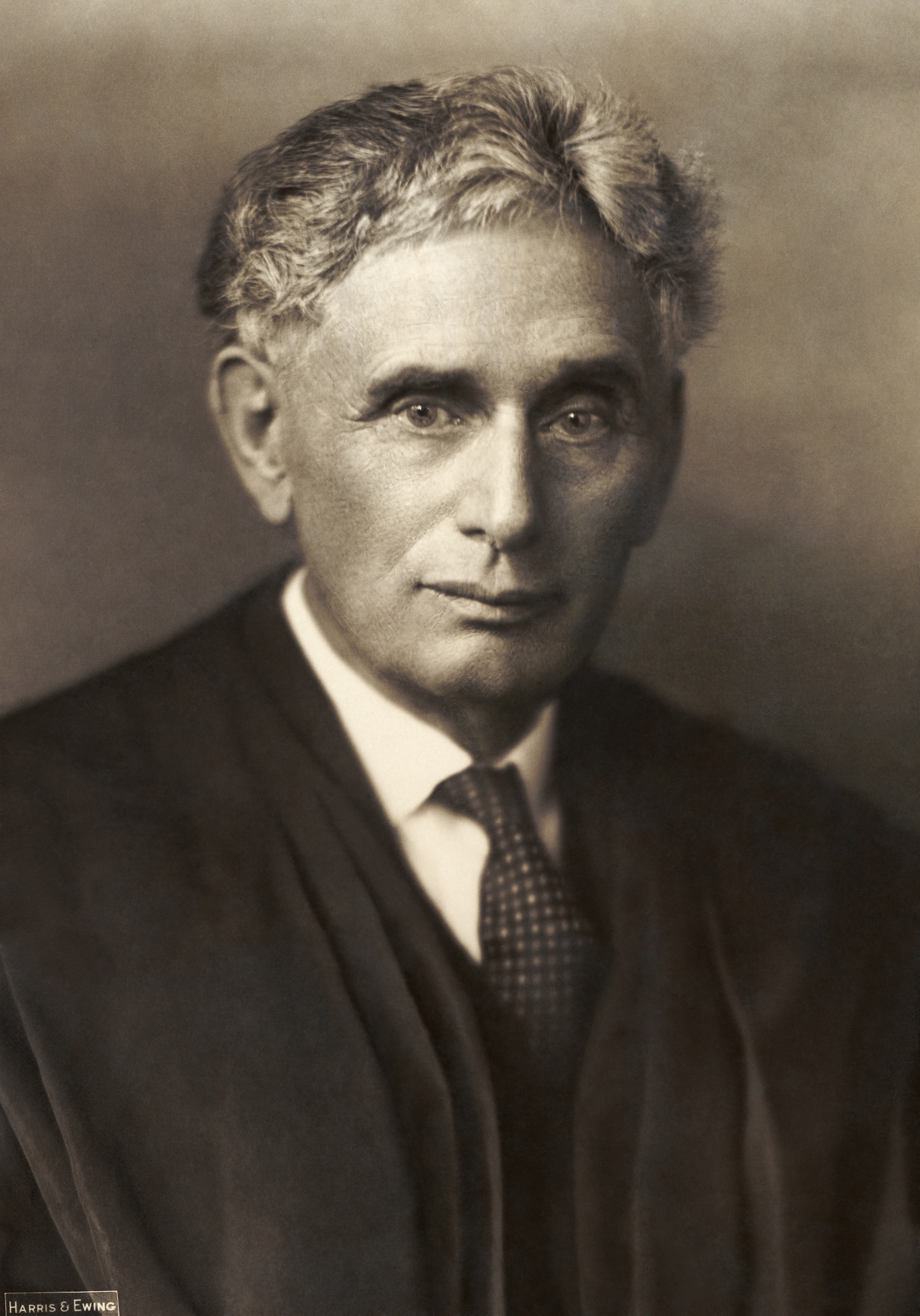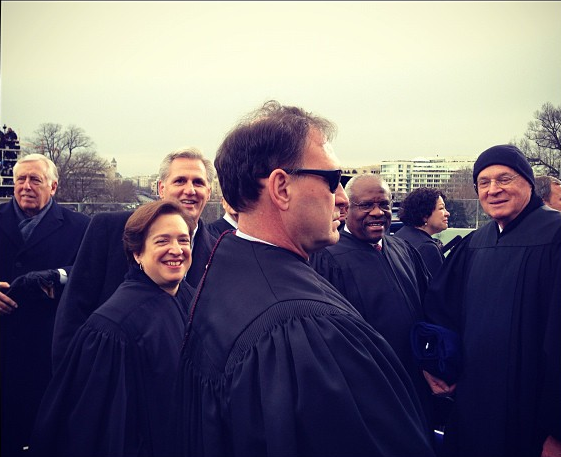A few weeks ago, I blogged about Erwin Chemerinsky’s off-the-wall idea of how to promote equality in educational opportunities–prohibit students from attending private schools, and force everyone to attend public schools. I had not heard these thoughts before, and wondered if Chemerinsky had addressed the criticisms that dominated the constitutional law prof list-serve for a while. It seems that Erwin had made this point years ago.
Eugene Volokh found an article published in the American Law Review in 2005 making just that point. Eugene quotes in part from the article (I only include a bit here to illustrate Erwin’s proposal):
My proposal is simple, although unrealistic at this point in American history. First, every child must attend public school through high school. There will be no private schools, no parochial schools, and no home schooling. Second, metropolitan school districts will be created for every metropolitan area. In each metropolitan area, there will be equal funding among the schools, except where educational needs dictate otherwise, and efforts will be taken to ensure desegregation. Third, states will ensure equality of spending among metropolitan school districts within their borders.
How could this happen? One possibility would be through the Supreme Court, though of course not with the current Court. The Supreme Court could find that the existing separate and unequal schools deny equal protection for their students, and order the creation of a unitary system as a remedy. Another way to achieve a truly unitary system is by legislative action. Congress could adopt a law to achieve these goals or state legislatures could do so within the states’ borders.
Eugene writes, “A clearer example of how an excessive focus on equality undermines liberty is hard to find.” I had the exact same visceral reaction (though I get much more obtuse versions of this feeling whenever Mayor Bloomberg gets a new idea of how to make people safer).
On my earlier post, my friend Paul Gowder, LawProf at the University of Iowa added some interesting comments. Paul wrote an interesting (and sure to be controversial) piece about the relationship between equality and the rule of law. His vision of a free state seems to be somewhat in line with what Erwin wrote about. I had a difficult time seeing Paul (and Erwin’s point) because my vision of the free state is much more akin to Eugene’s.
Indeed, even in a post I wrote yesterday, I disagreed respectfully with my friend Garrett Epps about how to interpret “life, liberty, and the pursuit of happiness.”
There seems to be two different world views. I really appreciate Eugene’s post because it sets out the two visions starkly (even if I don’t necessarily agree that all of the examples he provides are valid–some state interests are more important than others; education is quite high on the list).
I think these two visions of freedom were on display in the ACA cases, and in the President’s inaugural address. The Progressive view is more comfortable with infringing on individual autonomy (in certain spheres) in order to promote some vision of equality. This is often viewed as using the arm of the state to ensure equality of opportunity and security (such as health care) so people can pursue their own vision of happiness. Shortly after the ACA was enacted, Speaker Pelosi aptly summed up these sentiments. The bill tonight “defines opportunity” and creates an “opportunity . .. [for] affordable health care for all americans to have the freedom to have a healthier life, to have the liberty to pursue their own happiness.”
Chemerinsky does not disregard that there is a liberty interesting (recognized in Pierce v. Society of Sisters) of directing the upbringing of your children. Rather, as Eugene notes, “He is acknowledging that there is a constitutional right to control the upbringing of one’s children, but is saying that this right, ‘like other fundamental rights, is not absolute,’ and can be trumped by a ‘compelling interest in achieving equality of educational opportunity.'”
Indeed, Erwin told ReasonTV that under the commerce clause, the Federal Government could compel people to purchase a GM vehicle, though it would be subject to a Due Process challenge. In truth, I gather Erwin would find that such a mandate would comport with Due Process so long as the state-interest was compelling enough. I don’t think it’s a particularly high threshold. Modern-day progressives (like Chemerinsky) value the goal of substantive equality much more, and are willing to limit the individual’s right to that end.
The other view, as articulated by Eugene (and myself to some degree), is that infringements on individual liberty require a much higher justification in order to promote a broader sense of equality. I reject that strawmen reject the idea that individual liberty always trumps, or that rights are absolute (we don’t think so). I think this refined view is aptly summarized by Justice Kennedy’s question during NFIB. “I understand that we must presume laws are constitutional, but, even so, when you are changing the relation of the individual to the government in this, what we can stipulate is, I think, a unique way, do you not have a heavy burden of justification to show authorization under the Constitution?”
In other words, the thumb is kept firmly on the scale of liberty, rather than the scale of equality. The government bears this heavy burden.
This thumb is placed on liberty’s scale for a reason. Under the libertarian view, individual liberty (such as strong protection for property rights and economic liberty) is the path to promote equality, not through government intervention (I don’t accept this proposition in its entirety). I would add that constitutional structures to promote liberty would fall within that rubric.
However, under the progressive view, these concepts are often fact antagonistic and hostile to the very goals of equality. Rather, in order to seek equality, many of these liberal shibboleths can, and must take aback seat, given the right state interest. The thumb is placed on the scale of equality. Flipping Justice Kennedy’s statement, the individual, not the government, bears the heavy burden of showing why the individual right should trump the collective right.
Depending on which scale you start from, the choice of equality or liberty makes more sense. To a modern-day progressive like Chemerinsky, things like property rights or religious free exercise (such as parents who do not want to send their children to public school) get in the way of the primary goal of the state, which is ensuring substantive equality for education. The heavy thumb tilts towards collectivism.
To a classical liberal, the goal of obtaining an ideal educational system are subordinate to the harm to the individual (and groups of individuals known as families). Of course, libertarians would need to grapple with the obvious fact that educational opportunities are not equal, and that is a bad, bad thing (much of my free time is dedicated to a non-profit I founded that promotes civic education among high school students). Thus, libertarians would seek ways of promoting education consistent with their beliefs.
What makes Erwin’s proposals so radical in my mind, is not that he thinks it will be easy. He doesn’t. What makes it so radical is how he takes for granted that his world view (as described above) is the best way.
The word “equal” (including unequal, equality, etc.) appears 50 times in the 14 page paper. The word “liberty” appears nowhere. I think this is telling.
There is a fundamental dichotomy here between liberty and equality.
Maybe once I finish this book (my manuscript is due tomorrow–I really should not be writing 1,300 word blog posts on a school night before my book), I hope to revisit this.
Update: And almost on cue, the New York Times editorial paints this dichotomy clearly:
As the president’s Inaugural Addressmade plain and as important rulings of the Roberts court show, the Obama and Roberts visions of America are very different. No disagreement is more fundamental than that about the connection between justice and prosperity.
To Mr. Obama, prosperity enables justice and vice versa. Persuasively, he said in his address, “Together, we discovered that a free market only thrives when there are rules to ensure competition and fair play.” He also said, “We are true to our creed when a little girl born into the bleakest poverty knows that she has the same chance to succeed as anybody else.” And commitments to justice, like Medicare, Medicaid and Social Security, he said, “do not make us a nation of takers; they free us to take the risks that make this country great.”
The Roberts court, on the other hand, with the chief justice in the majority, has regularly ruled as if justice and prosperity are unrelated or even antithetical — by protecting large corporations from class-action lawsuits; by making it much harder for private lawsuits to succeed against mutual fund malefactors, even when they have admitted to lying and cheating; or by allowing corporations and unions to spend unlimited amounts of money on political campaigns and advance their narrow interests by exerting influence unjustly over government.
When the chief justice cast his critical vote to uphold the Affordable Care Act last June, he made clear that he did not favor the law, which is the most important commitment to justice and prosperity so far of the Obama administration. He wrote tartly, “It is not our job to protect the people from the consequences of their political choices.”
The connection between justice and prosperity is clear and strong. “Economic growth,” the scholar Benjamin Friedman documented, “more often than not fosters greater opportunity, tolerance of diversity, social mobility, commitment to fairness and dedication to democracy.” And justice of all kinds, especially social justice, is an essential means of achieving prosperity, as economic progress in the South demonstrated after the civil rights laws brought racial progress.
I think I may write another book on the ACA case with respect to political theory. The book I wrote is mostly a narrative. There’s too much good stuff here to pass it up.
Update: Paul Gowder has a post responding to mine here.






